5th Jan 2024
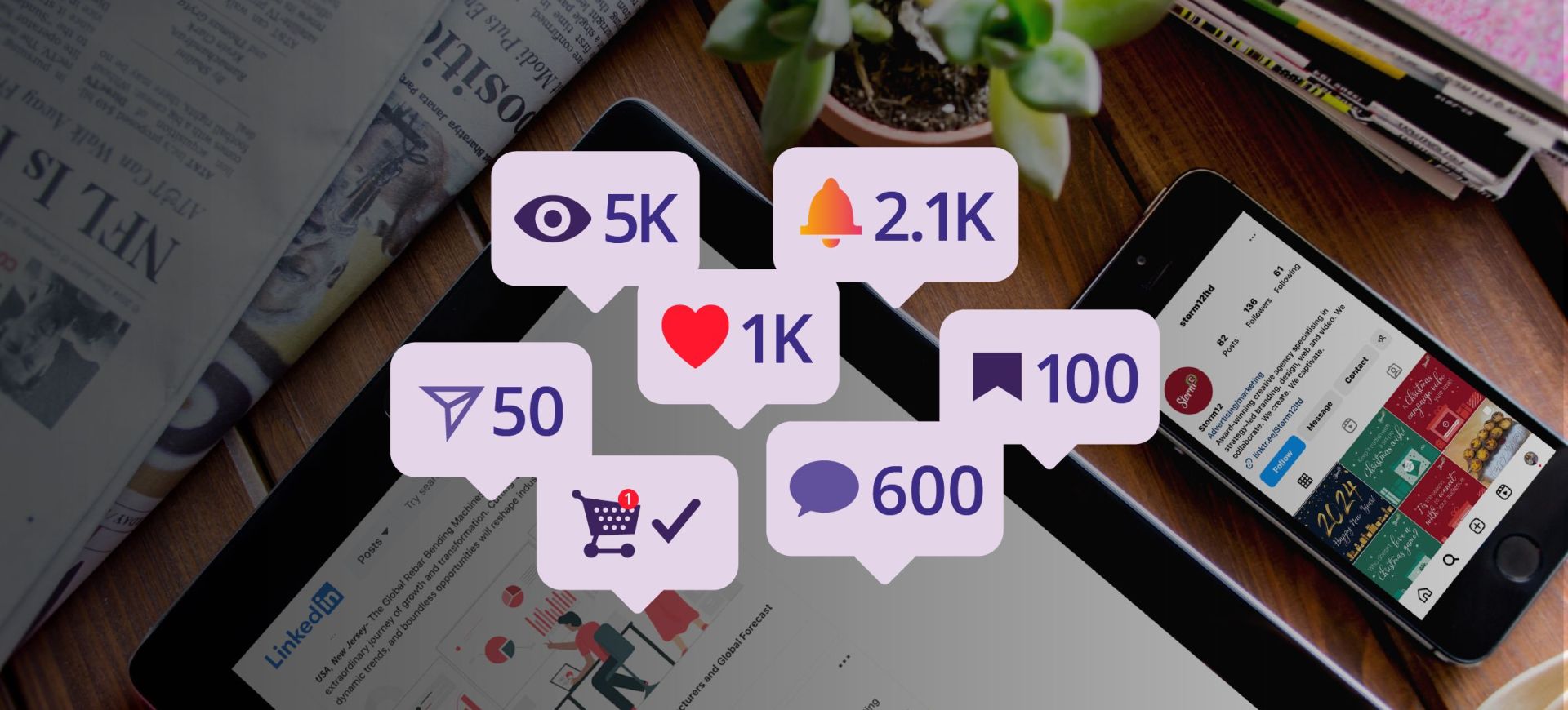
5th Jan 2024
Users are changing the way they use social media, now using various platforms as search engines. This change is being noticed predominantly in younger generations like GEN Z and has come about due to the emergence of innovative algorithms and a growing emphasis on content discovery.
Social media users are using platforms to search for entertainment, inspiration and information. Particular platforms such as TikTok have made it easy to search and to find what you’re looking for within a matter of seconds, and this has users turning to social media for all sorts of topics rather than using a search engine like Google.
A big reason for this is that social media content is largely created by real consumers, meaning their content is viewed as relatable, realistic and reliable. TikTok and Instagram seem to provide separate and unique opportunities for social commerce and social selling as opposed to traditional ads and repetitive sales focused marketing.
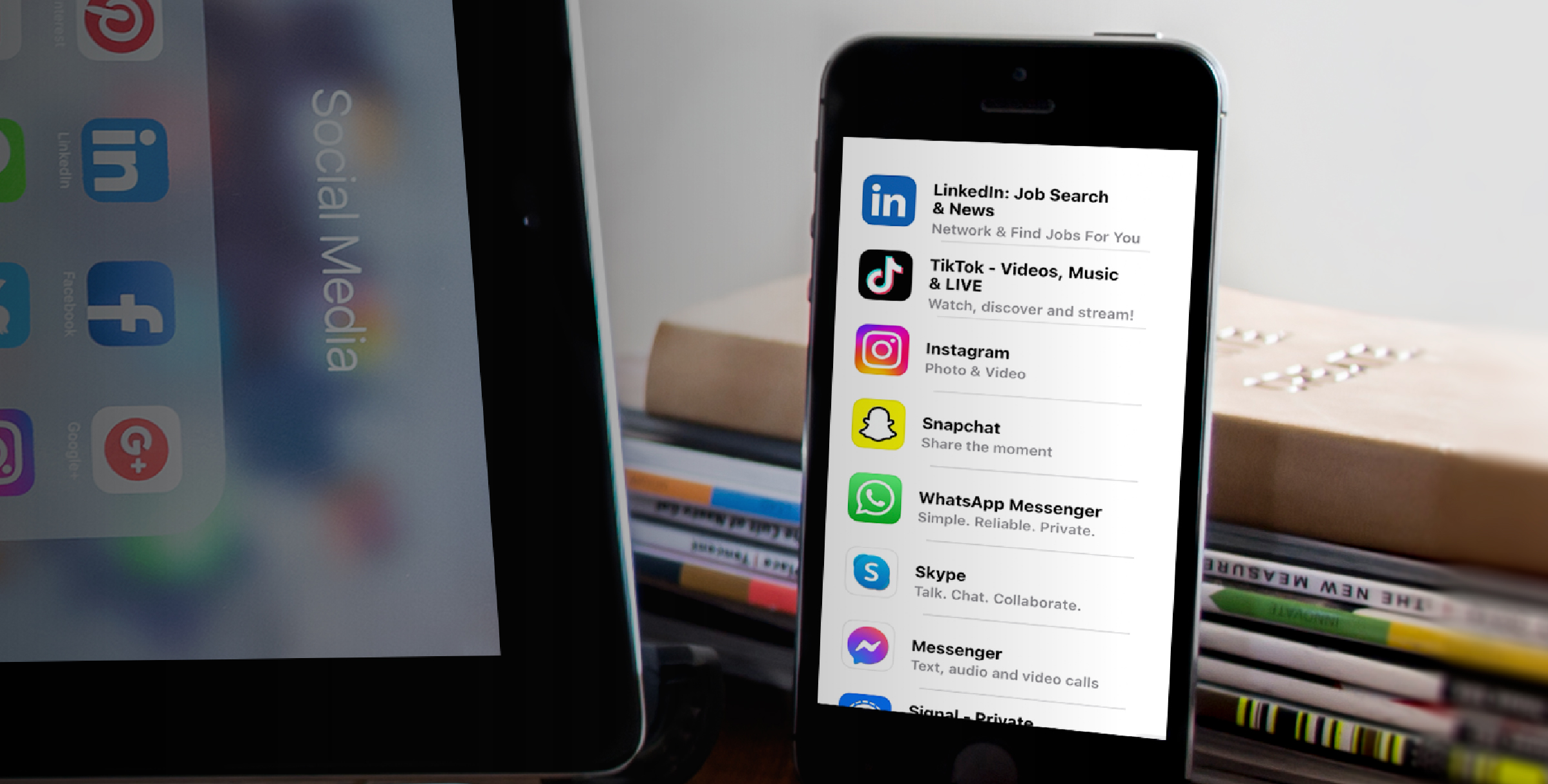
This trend links to social media increasingly being used as a search platform, and is all about keywords. With social media users searching on TikTok and Instagram for information and content, hashtags seem to be becoming a thing of the past, or at least will be eventually. Keywords will be the reason you see particular content on your social media feeds, as opposed to hashtags.
This trend will make the content of copy even more important. The keywords included in any piece of digital text will be vital to get your content seen. SEO and keyword research has always been a significant part of marketing strategies, but it’s becoming more important than ever to include relevant keywords in all written content.
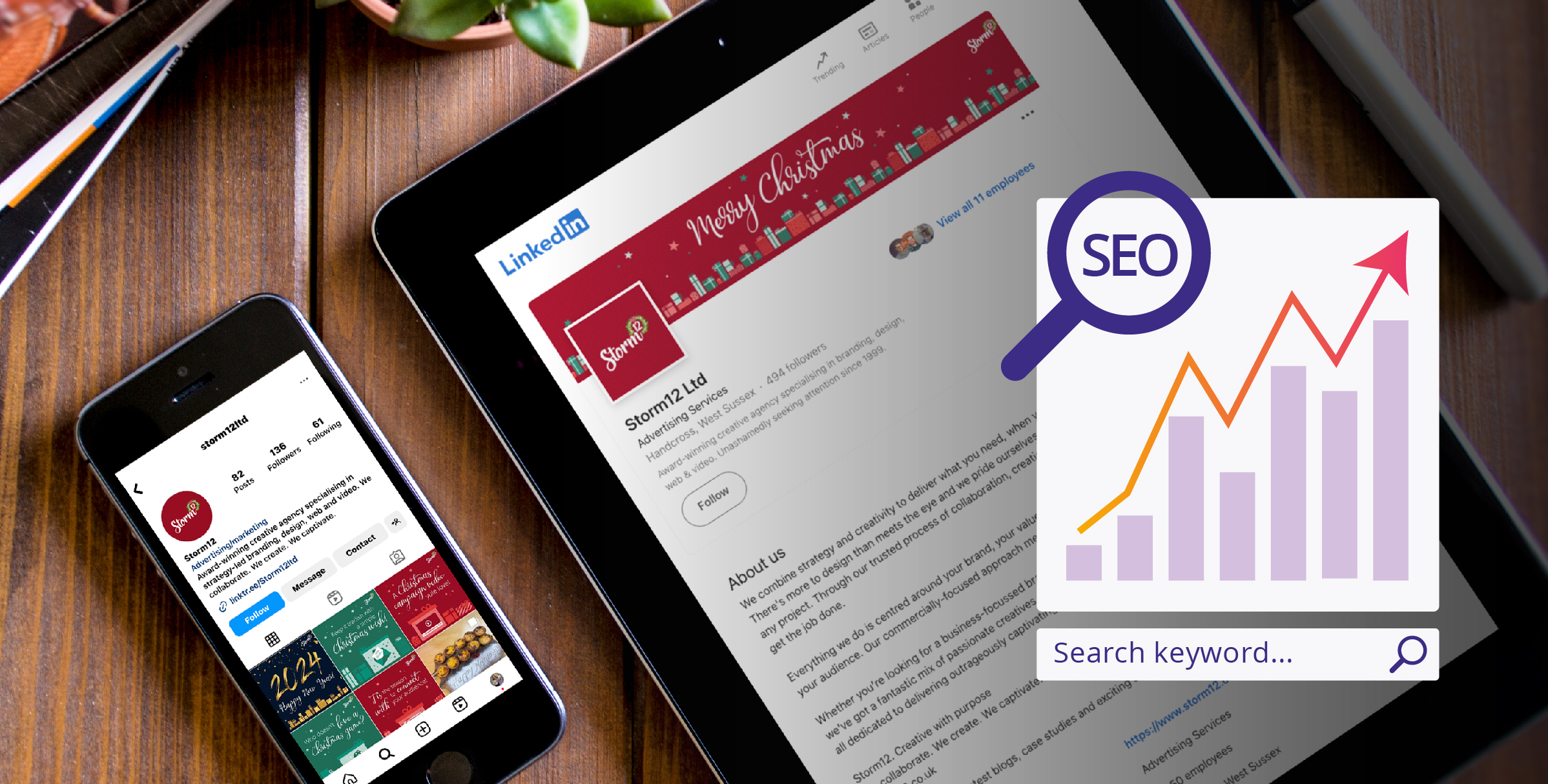
Over the last few years, and especially in 2023, GEN AI has become a commonly known and used tool for both written and visual digital content. Those in content creating roles such as copywriting, design and marketing seem to have mixed opinions on how GEN AI is changing the marketing and digital industries. Some believe it’s already making a positive impact, whereas others are just waiting for AI to take over their roles, leaving them without a career path or specialism.
Cons of how GEN AI could affect the marketing industry include:
Pros:
Businesses around the world are beginning to see the benefits of using AI in their work. Interestingly, it was found that 40% are integrating Gen AI into employee-facing experiences, whereas 34% know AI has value, but aren’t sure how to harness it for their business (Quantum Metric).
Understandably, a whopping 98% of people are overwhelmed by the number of GEN AI tools available today (Quantum Metric). As a business with a digital marketing department, we are definitely intrigued to see how the use of GEN AI develops; whether people and businesses like us will eventually decide against it for various reasons, or harness the tool more and more over the coming years.
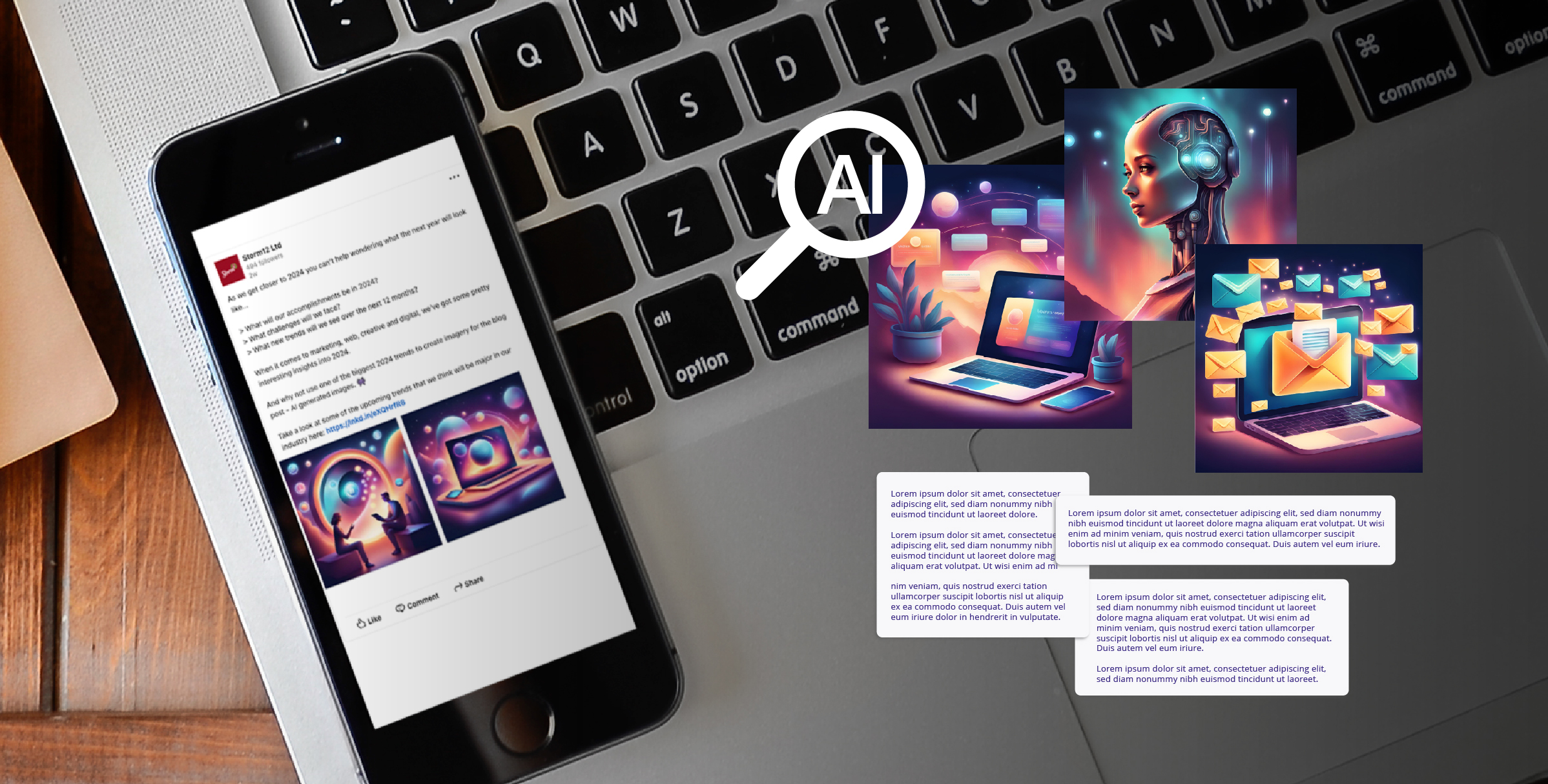
Over recent years, LinkedIn has become more personal and less ‘professional’. It’s no longer just a platform for finding a job, presenting your online professional resume and talking about professional life, opportunities and business. It’s becoming more personal and down to earth, where people talk about their mental health, work life balance, inspiration, and the negatives and positives of their working lives.
LinkedIn is starting to morph into a new form of Instagram in some ways. LinkedIn influencers are able to earn money from posting content if they gain enough followers and engagement. The same way someone can make money from posting on Instagram with sponsored posts to promote businesses and products, it seems users are now doing the same on LinkedIn.
This may be gradually changing the way we view and use LinkedIn, and it could also change the way businesses use the platform to promote their services to prospective clients.
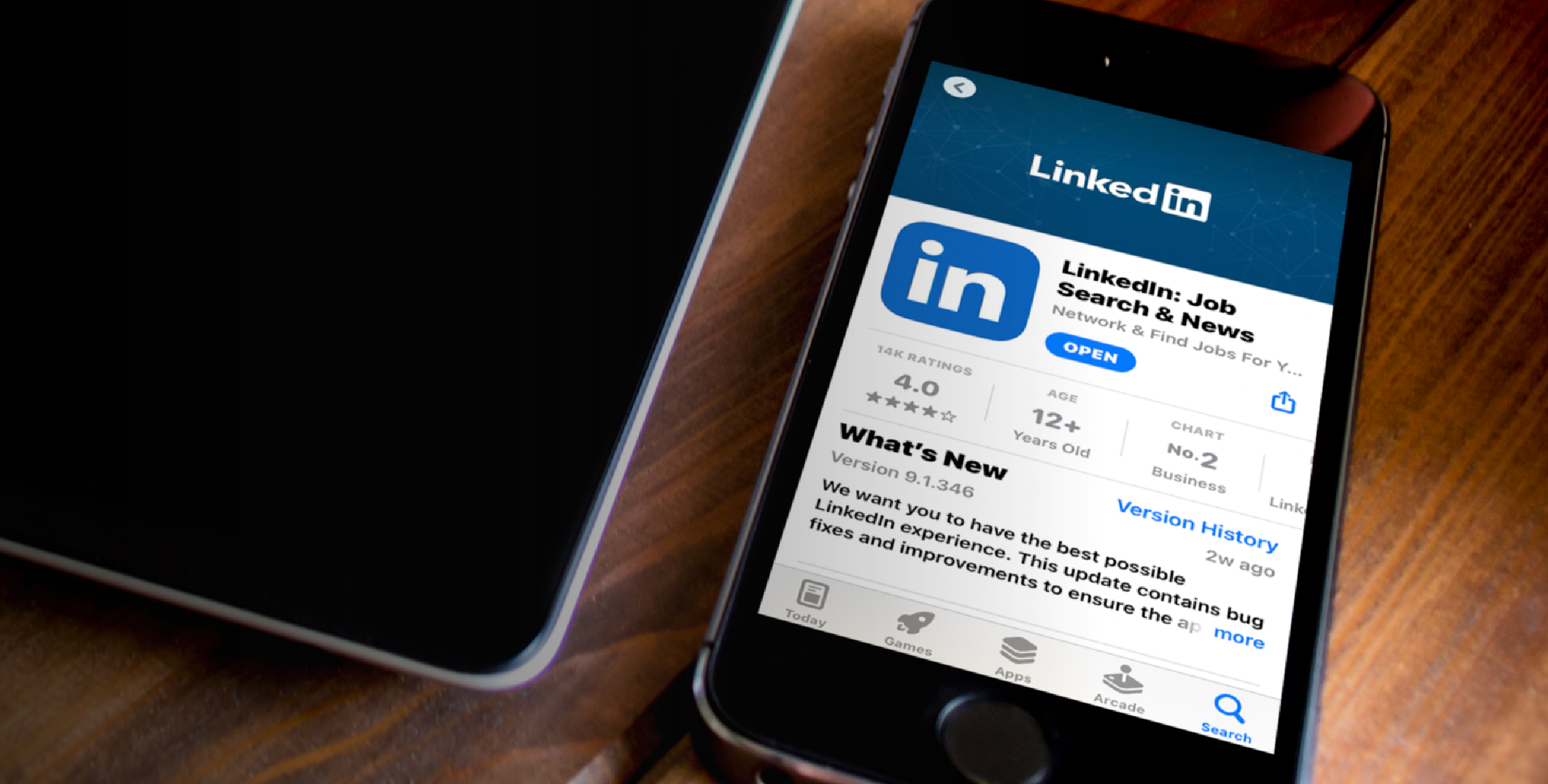
Today, marketing messages and advertisements are everywhere. Whether on social media, TV or out in public, it’s pretty much impossible to go about your day without experiencing some sort of marketing. Because of this, it's becoming increasingly difficult for brands to stand out, prove that they’re unique, and connect with their target audience. This is where brand storytelling can make a huge difference to any business.
Storytelling is a way of speaking to your audience through emotion and intrigue. Rather than listing facts and specifics of a company, service or product, storytelling allows a brand to describe who they are and what they do in a unique and capturing way. It can help a brand differentiate itself and feels much more personal to consumers and clients, as opposed to the sales focused approach we often see in marketing.
We found some interesting statistics on the storytelling marketing method:
(The Brand Shop).
‘Human brains are naturally attuned to storytelling and tend to respond better to narratives than to other forms of content sharing. This is because stories have a unique ability to influence our brains and trigger the release of oxytocin, a hormone that promotes trust’ (The Brand Shop & Harvard Business Review).
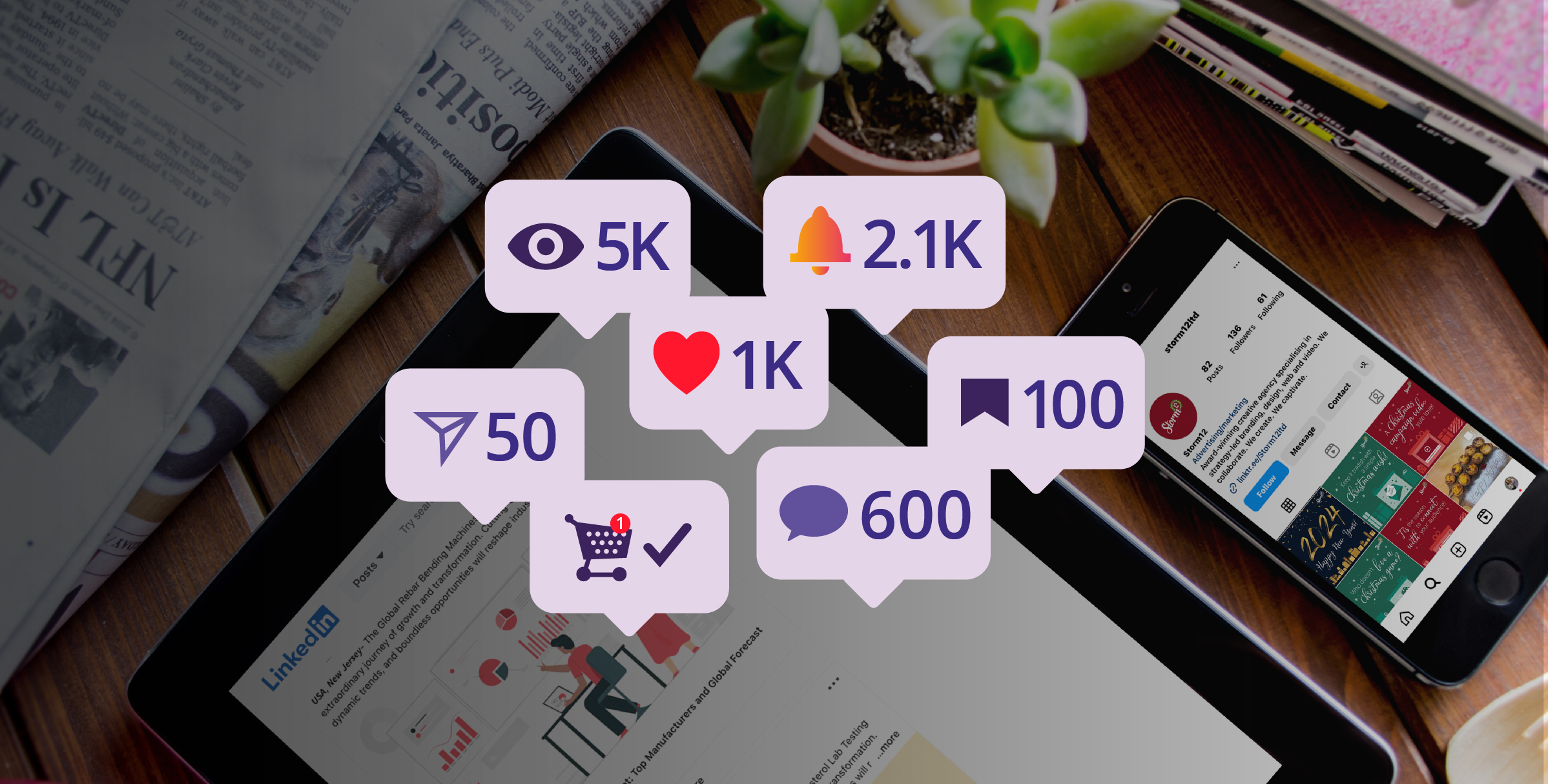
As we all know, the digital world is always changing and being updated, and this affects all industries and businesses, particularly those centered around digital content and marketing. These changes can be diffiucult for a company to navigate at times, but we're here to help! Check out our Digital Page to find out what we can do for you.
We are looking forward to seeing how these upcoming digital marketing trends play out and how they change the marketing landscape!
Sources:
Quantum Metric
The Brand Shop
Harvard Business Review